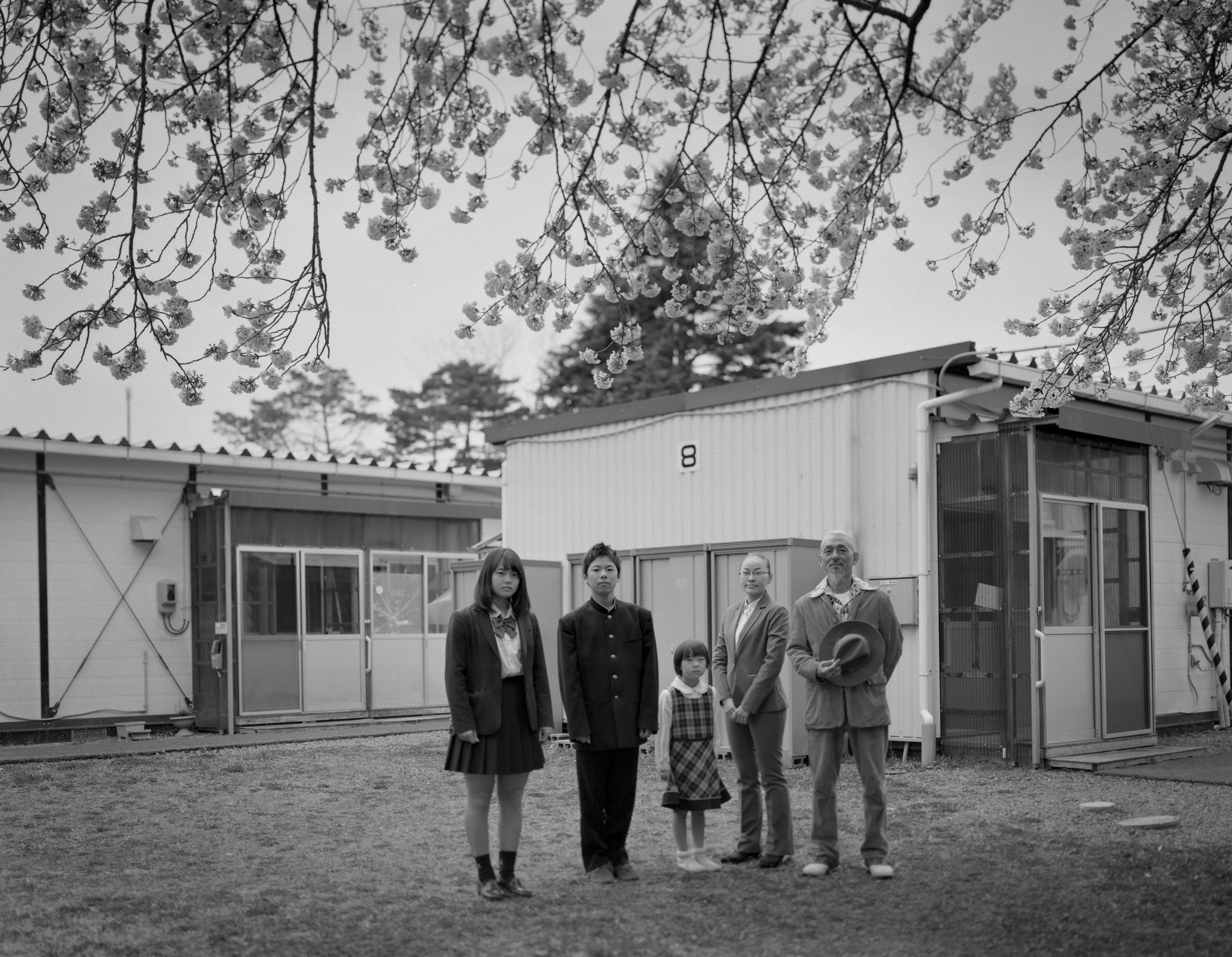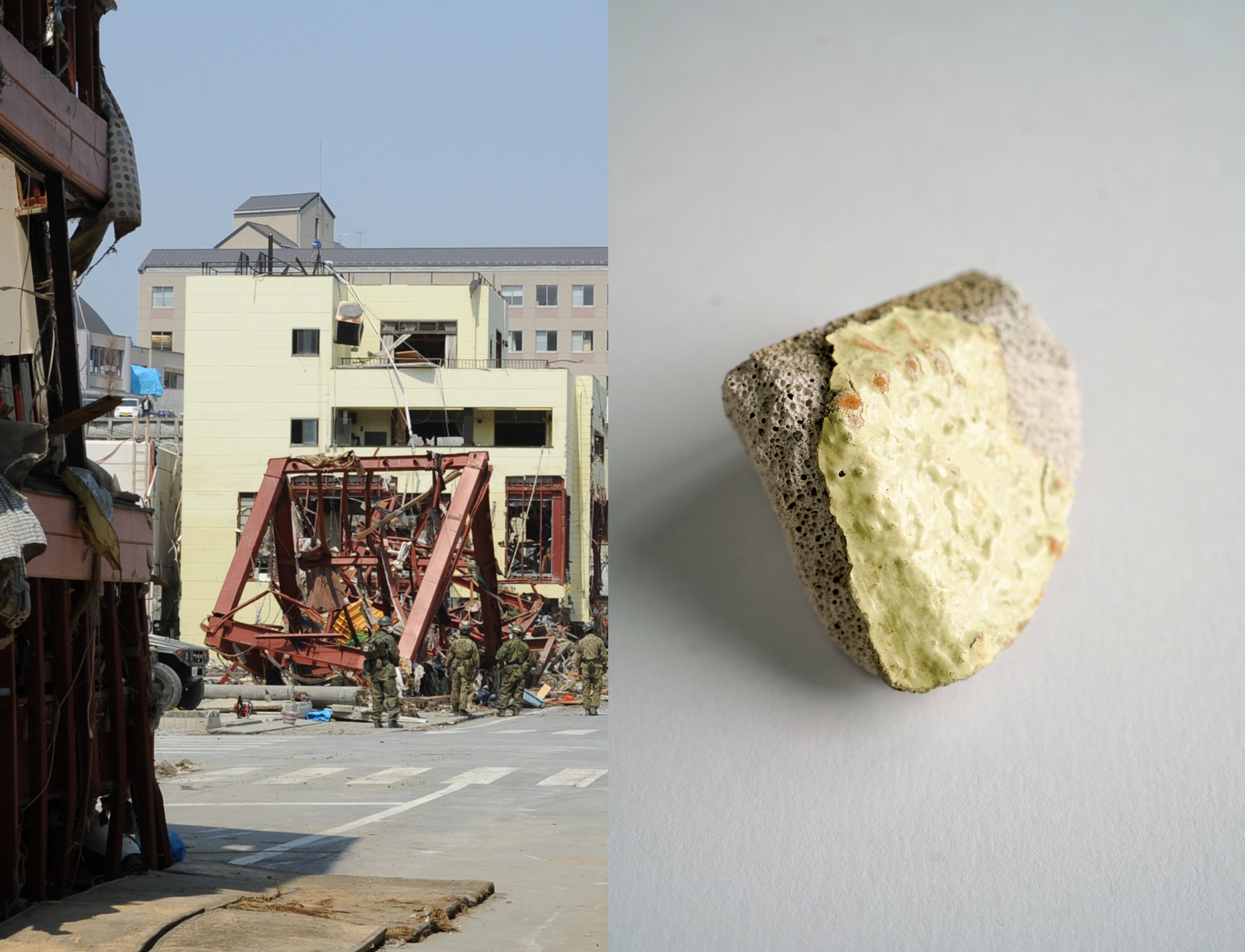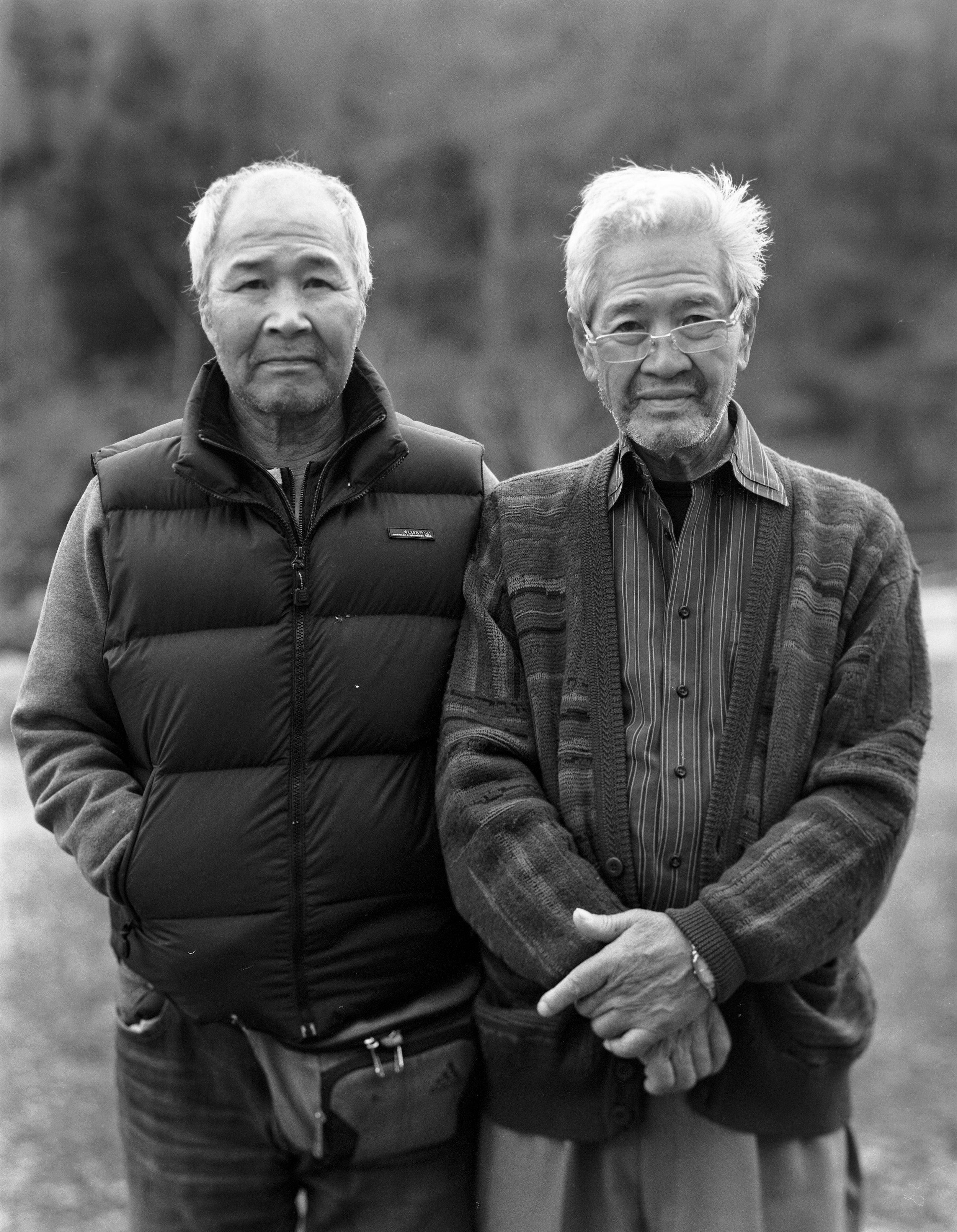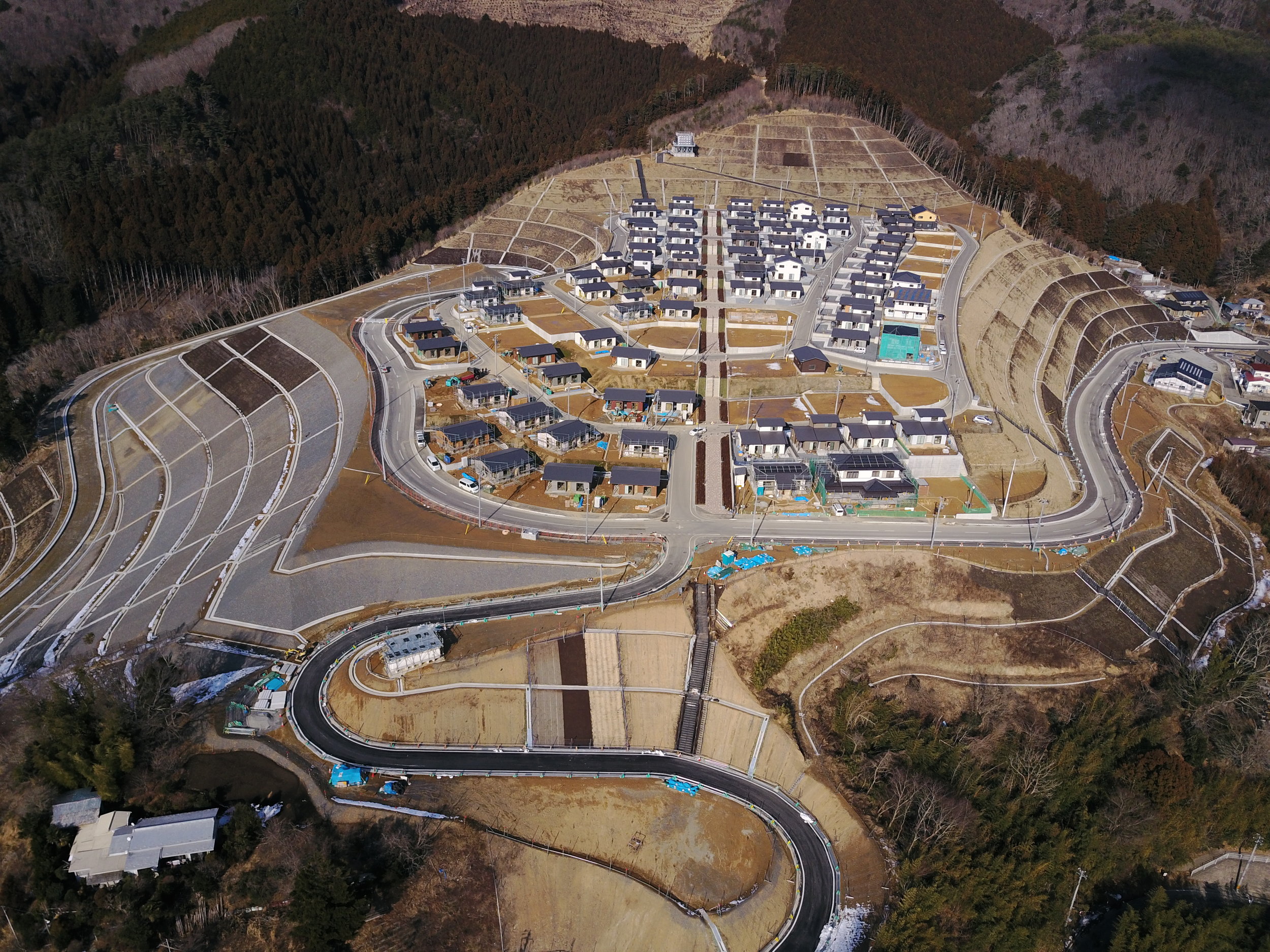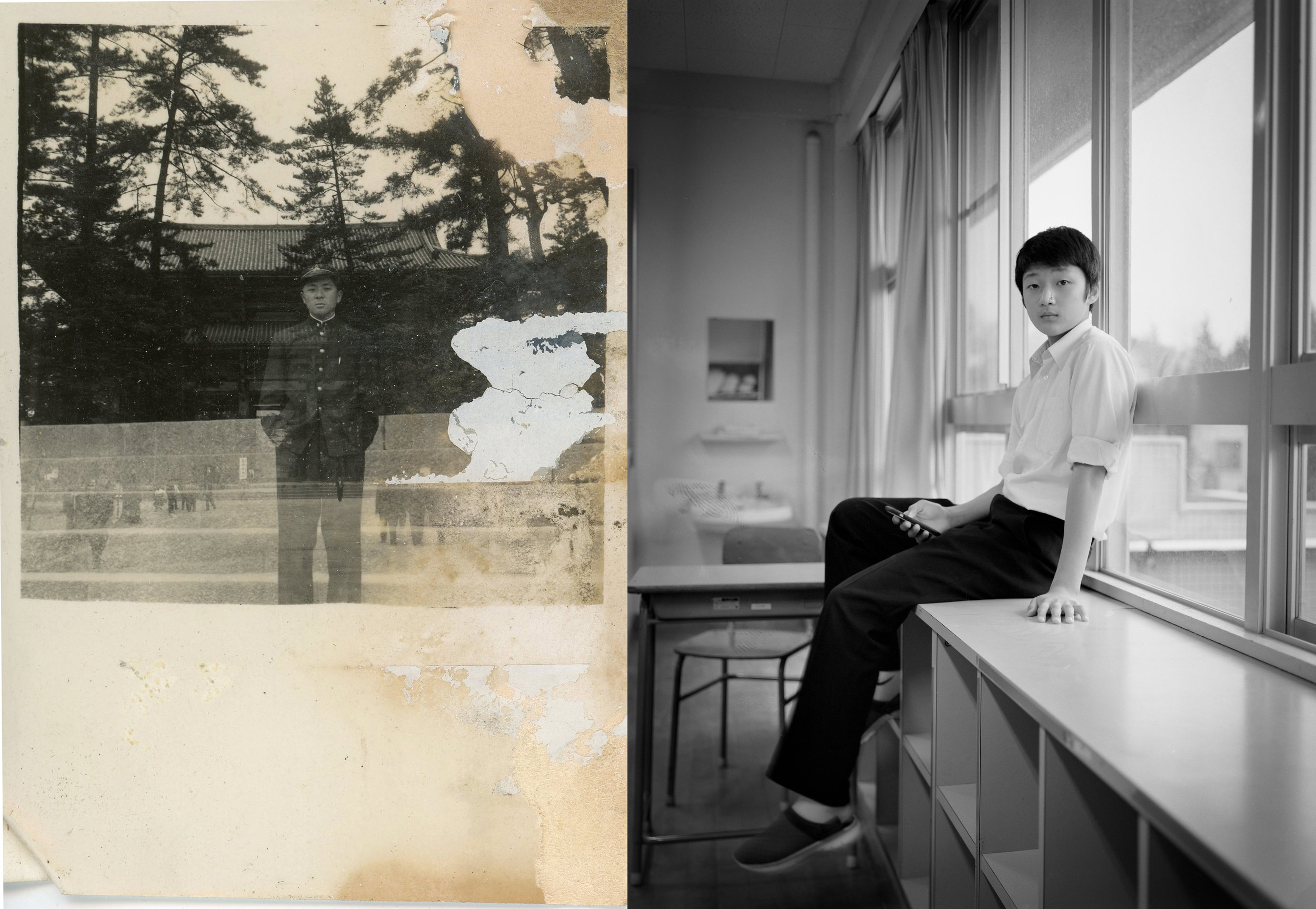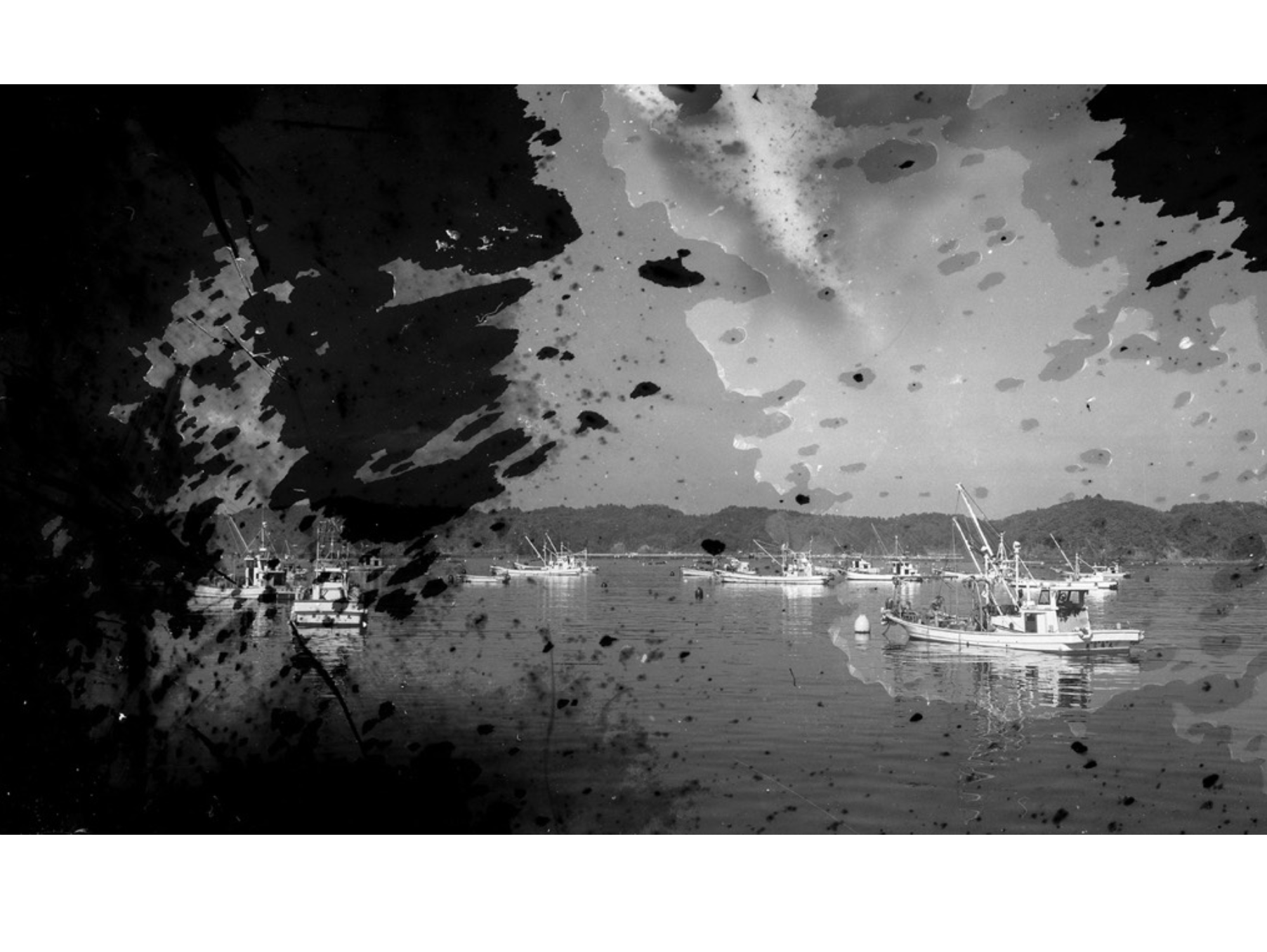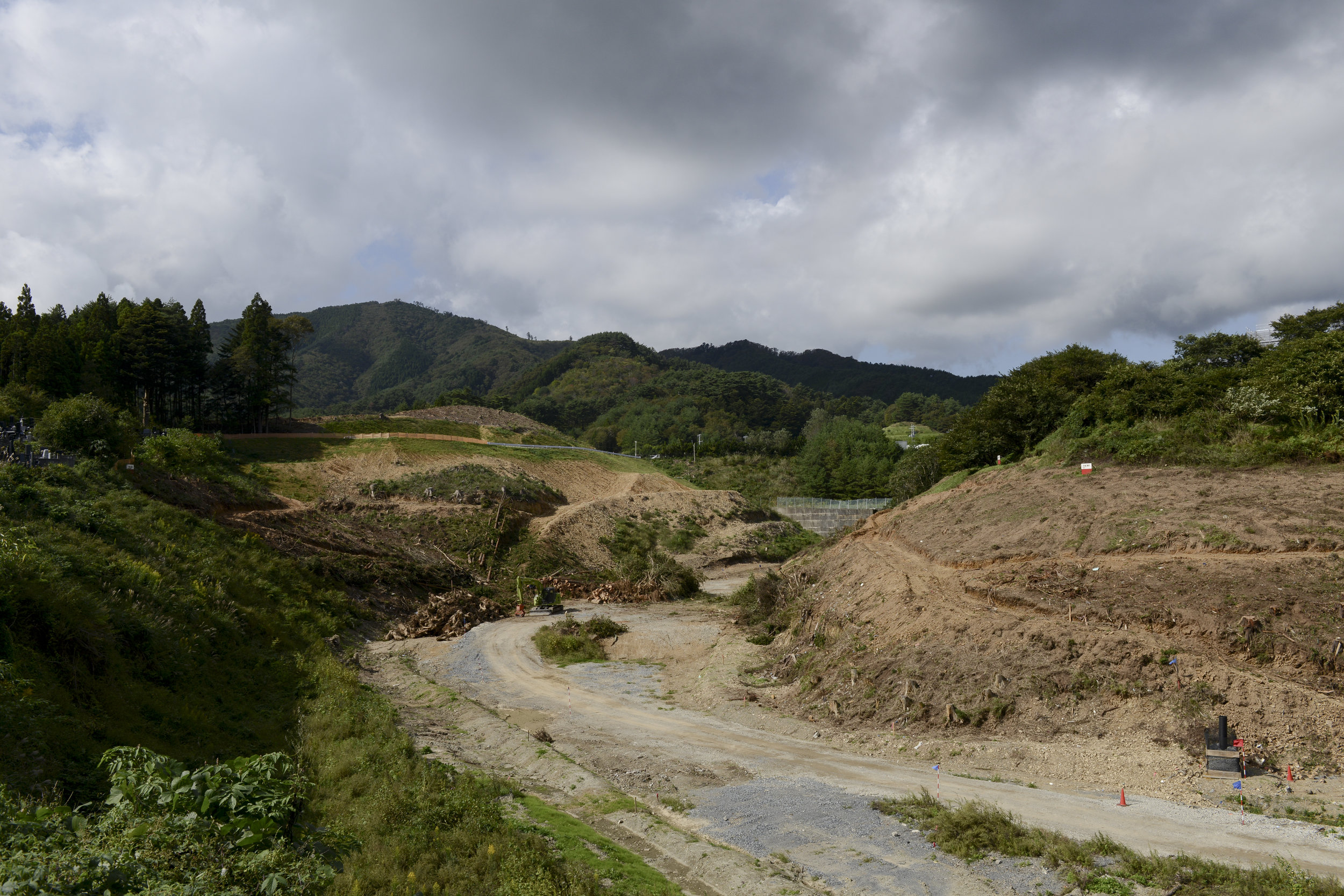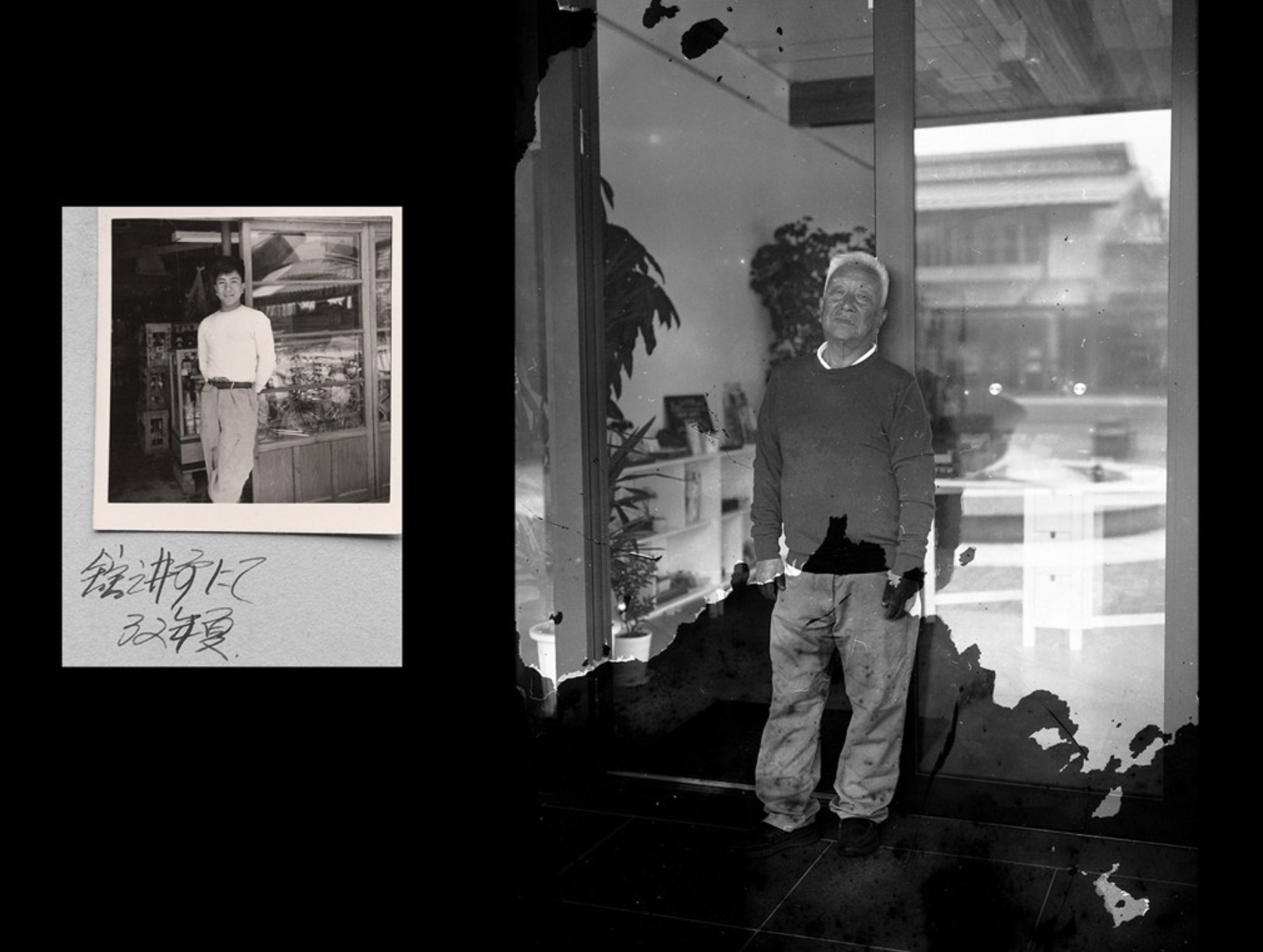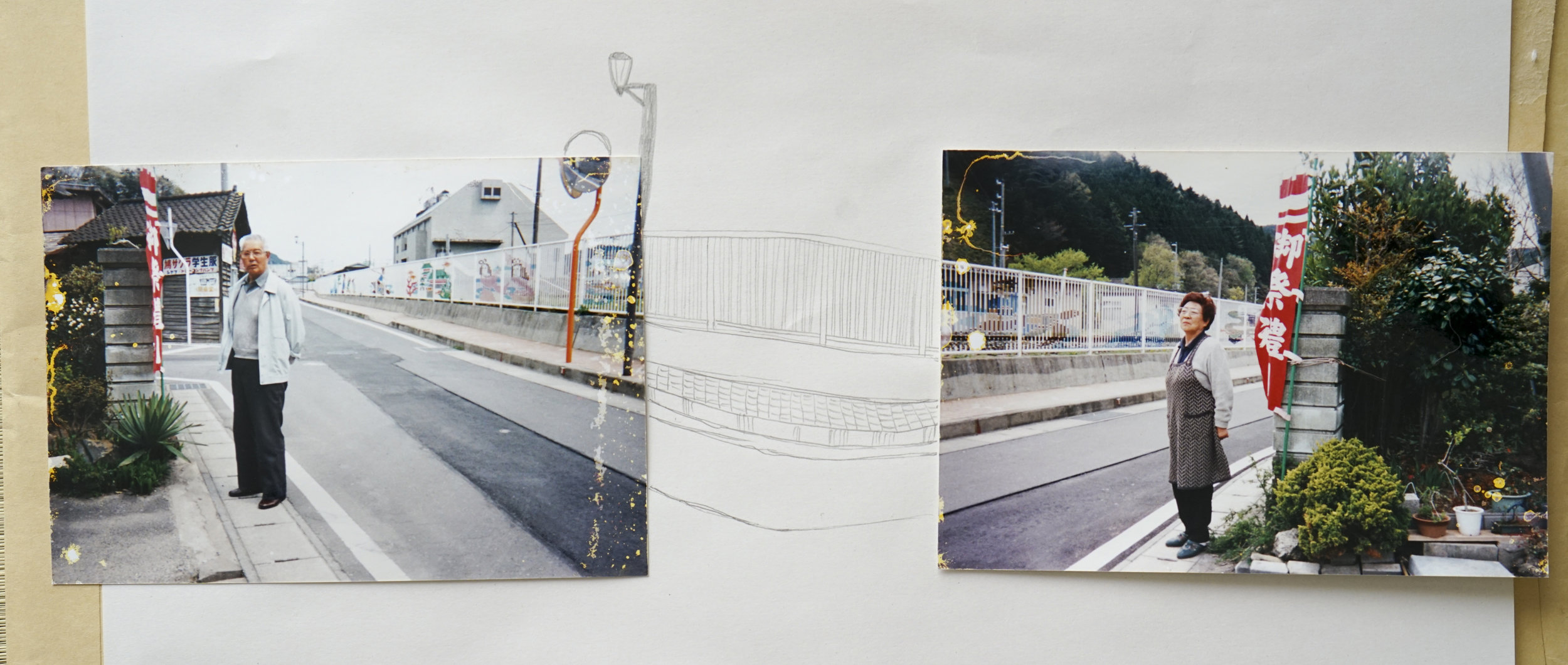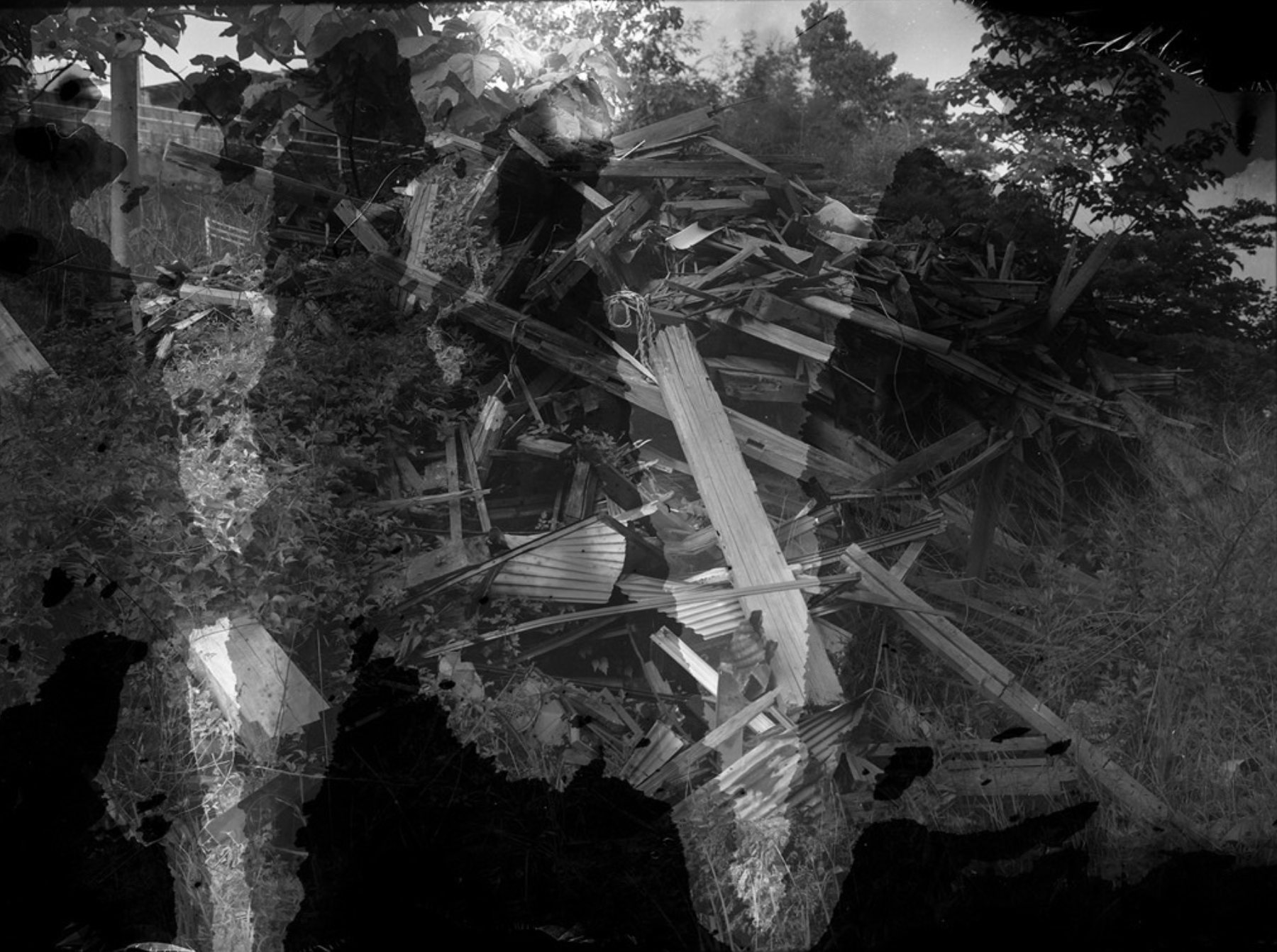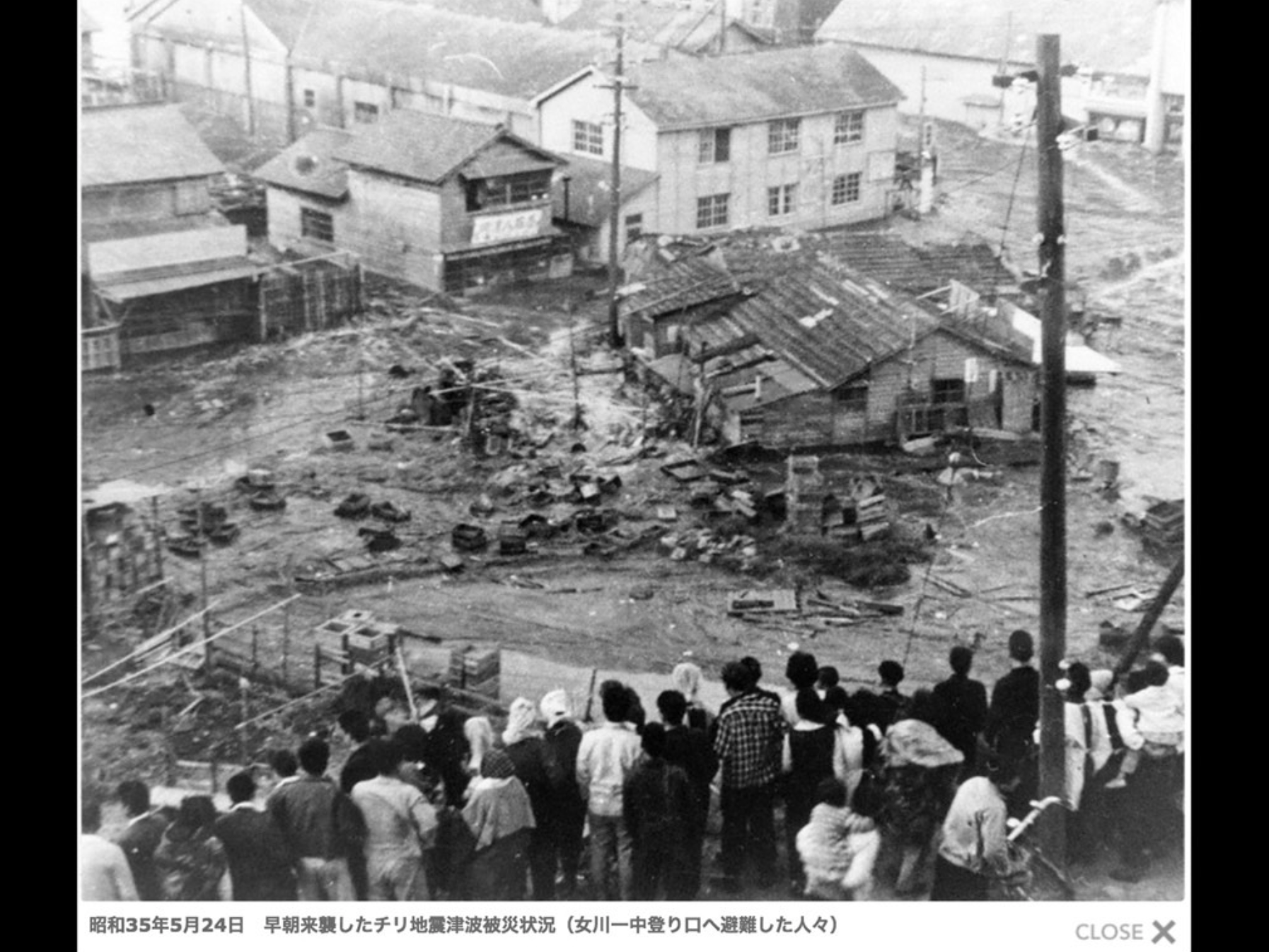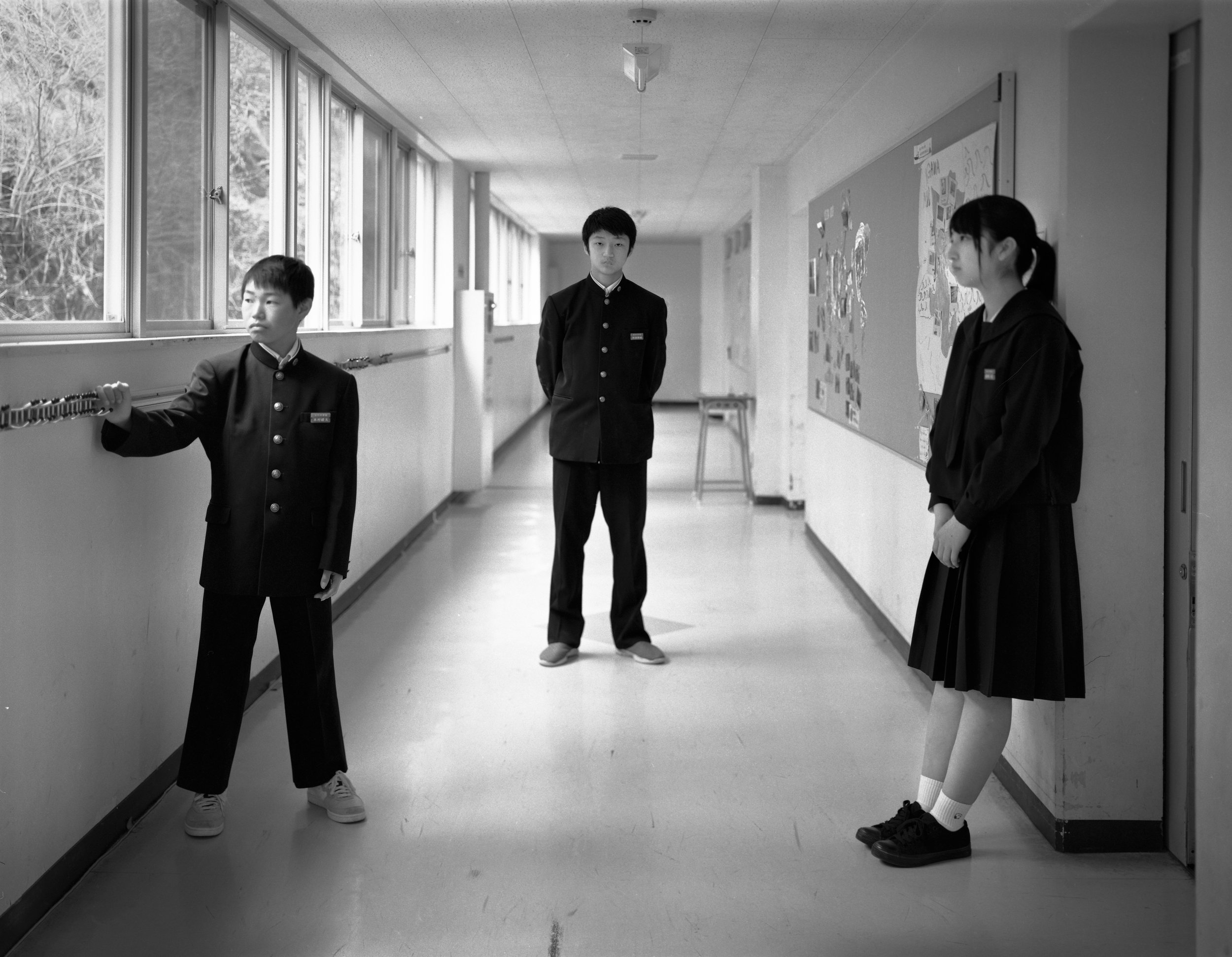“Docking Station is a great platform for photographers and to me it functioned not only as an opportunity to broaden my network, but also as a platform that connects
stories to an audience in a mindful way. The location of the Docking Hub is amazing. My stay in this tiny house enabled me to experience it as a temporary shelter, which connects so well to my story about the massive tsunami that hit my hometown in 2011. The people in Onagawa have lived in similar shelters for six years after the tsunami disaster. The Netherlands has also suffered from floods in the past and has a history of restoration; that’s why I felt more urgency to share my project with the Dutch. Docking Station really helped me connect with all kinds of experts in and outside the world of photography so that my story is now more powerful. I will never forget this special time in Amsterdam.
”
DOCKER #20
MAYUMI SUZUKI
Mayumi Suzuki was born and raised in a family who ran a photo studio founded by her grandfather in 1930 in the city of Onagawa (Japan). On Friday, 11 March 2011, a very powerful earthquake off the coast of Japan caused a massive tsunami, which resulted in widespread destruction. From that day on her life changed dramatically as her parents went missing.
Ever since, Suzuki has been visiting what is left of her old home town. She found her fathers lens buried in mud and rubble and she start photographing with it. The image that came out was dark and blurry and reminded her of the deceased. In her visitis to Onagawa, Suzuki witness its reemergence and she starts documenting her generation’s rebuilding. Onagawa had been hit by Tsunamis before and yet again it’s up to its survivors to rebuild it again.
Suzuki’s visual story is about the future, about showing people preparing for what they hope is a better future for their children, rebuilding homes and businesses out of ruins knowing that they live in a dangerous area where the same catastrophy might be just around the corner.
Who? Mayumi Suzuki
From Japan
Docking June 10 - 30 2018
Working on The Place to Belong
About Layers of history
Born in 1977 in Onagawa, Japan. Muyami works as a visual storyteller to find and create personal narratives. She was born and raised in a family who ran a photo studio founded by her grandfather in 1930 in the town of Onagawa.
March 11, 2011. On this day an incident which changed Muyami Suzuki’s life, has occurred. Her hometown Onagawa was destroyed by the tsunami and her parents went missing. She decided to start a project to tell the story. She captures her parents as individuals and not just a faceless figures, and leave the photographs as proof of their lives.
In 2017, ‘The Restoration Will’ was nominated by FIRST BOOK category of Aperture.
ambassador
Teun van der Heijden
Bookdesigner
Mayumi Susuki’s work is such a wonderful example of contemporary visual storytelling.
I met Mayumi in the summer of 2016 in Georgetown Malaysia. She showed me the handmade version of her book ‘The Restoration Will’ which is a beautiful document about the loss of her parents who went missing after the Great Eastern Japan Earthquake and Tsunami in 2011.
The book is a beautiful tangible object. I remember going through its pages. The book begins with a series of family album pictures. At some point you discover the same two little girls in most of the family photos. There is no textual explanation. Further in the book the layout became more complex: pictures on top of other pictures, a style that I came to recognize as typical for handmade Japanese photobooks. The main part of the book consisted of vague moody black and white photographs, mostly presented in a bleeding format. In the book 'Japanese Photobooks of the 1960s and 70s' published by Aperture, Ivan Vartanian writes in his foreword: “In today’s popular view, I fear that Japanese photobooks are understood across-the-board as a blur of high-contrast images bled on all sides and predominated by islands of tone on the printed page.” Well, looking at Mayumi’s book my thoughts where not far off from that popular view.
Until I discovered a small photo of a camera lens, hidden under one of the bleeding black and white photographs and Mayumi explained that the black and white photographs where actually taken with that lens, her father’s lens that she found after visiting her family house that got completely destroyed by the Tsunami. In the family house in Onagawa her father ran a photo studio that was founded by her grandfather.
At that point I understood that I was looking at a heartbreaking personal story. The little girls on the family photos being Mayumi and her sister and the loss of a family and a personal history told in a beautiful poetic way.
In December of 2016 Mayumi was one of the students in a bookmaking workshop I taught in Tokyo. She started working on a book with the working title '’The Place to Belong', a followup on ‘The Restoration Will’. The book questions why people are so strongly connected to a homeland that is rough on and even dangerous for its people and what makes people stay and rebuild their lives over and over again.
The Docking Station opportunity allows Mayumi to get a variety of reflections on this work in progress.
Publication about the project The Place to Belong From Mayumi Suzuki in the Volkskrant, 6 july 2018.


